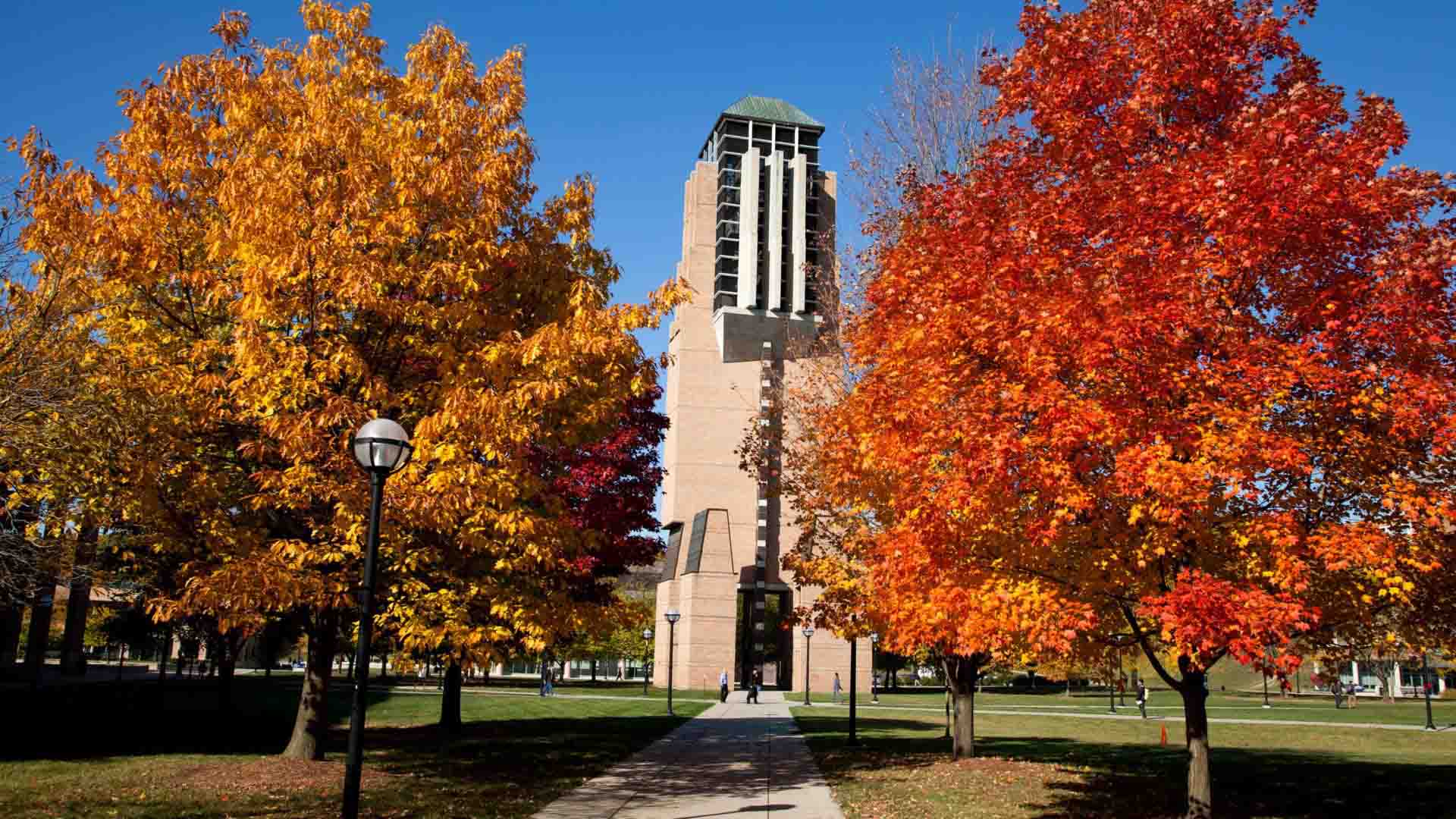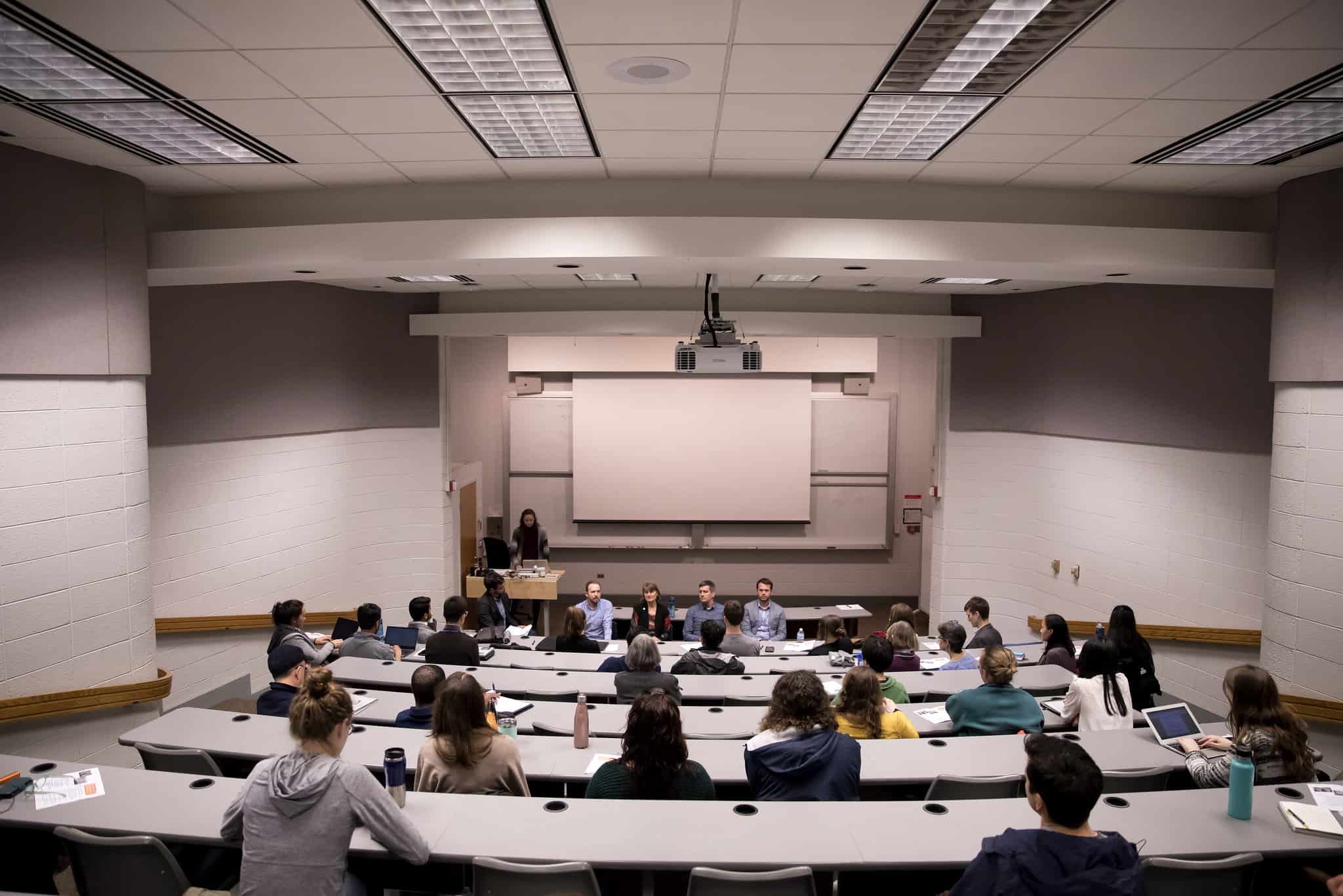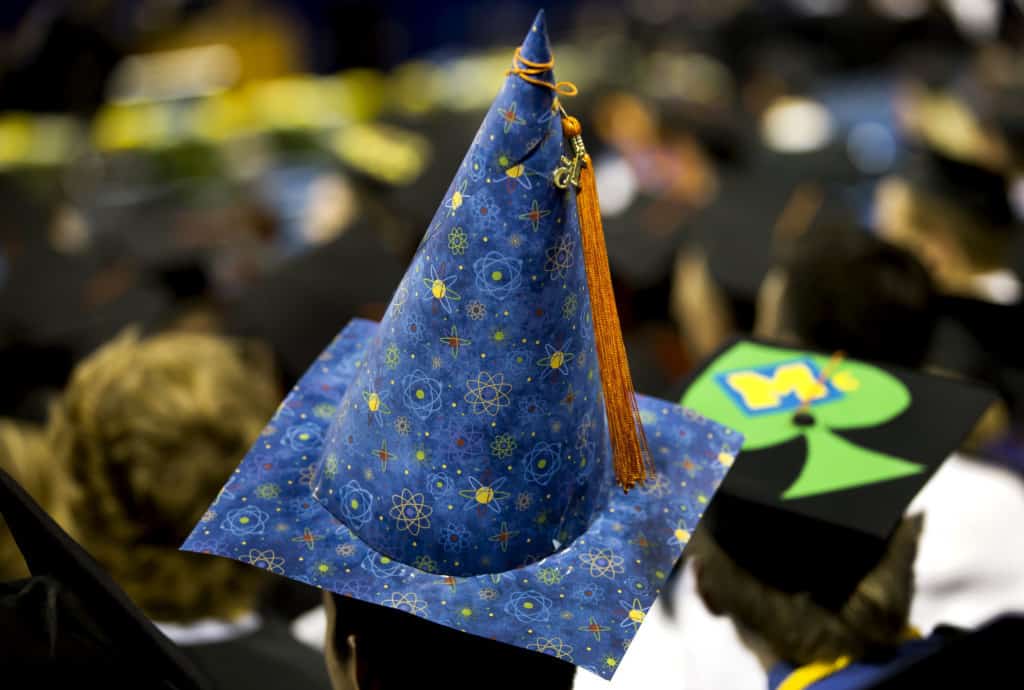
Virtual Visit
Nuclear Engineering & Radiological Sciences at the University of Michigan is ranked #1 in the nation and continues to build the leaders who will drive the world’s energy future.
We are the department of Nuclear Engineering & Radiological Sciences at the University of Michigan, the Nuclear Leaders and Best. We continually aim to be the global academic leader in the innovation and evolution of nuclear engineering, uses of radiation, and plasma science. We have expertise broadly in clean, affordable, and reliable nuclear power, nuclear security and defense, environment and health, and scientific discovery.
—Todd Allen, Glenn F. and Gladys H. Knoll Department Chair

Academic Programs
Lab Tours
Thermal Hydraulics Laboratory
Detection for Nuclear Nonproliferation Laboratory
Plasma, Pulsed Power, and Microwave Laboratory
Nuclear Plant Simulation Laboratory
High Field Science Lab
Michigan Ion Beam Laboratory
Irradiated Material Testing Laboratory
North Campus
Central Campus
College & University Resources
Request More Info
Current U-M students can schedule an advising appointment to meet with Michelle Sonderman (undergraduate program) or Garnette Roberts (graduate program).
Non-U-M students can contact Khan Nguyen, our Recruiting and Outreach Coordinator, or follow the Info Request links.
